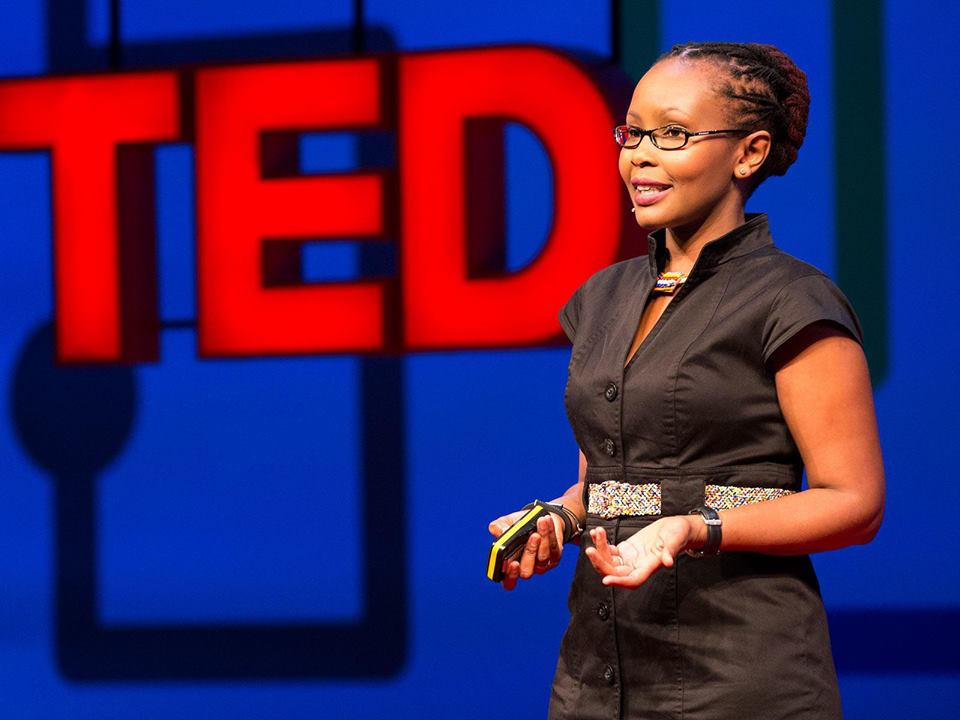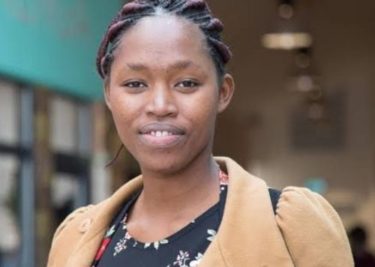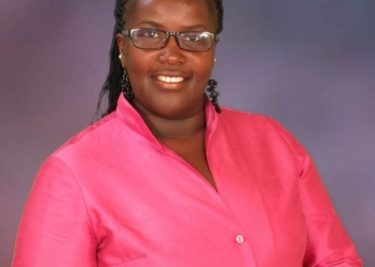Who Said Girls Can’t Code? Juliana Rotich’s Upscale in Tech

Photo Copyright: Juliana Rotich
- Photo Copyright: Juliana Rotich
There’s a common belief that if you get exposed to the technology world early in life, and acquire a love for it, then your career path is less vague, and possibly, slightly cemented. For Juliana Rotich, the passion for technology began in high school. Here, she not only chaired but was an active member of her high school computer club. This wasn’t something common amongst girls her age who looked toward things that were a lot more ‘feminine’, but Juliana was a proud geek. She wasn’t aware at the time, but she was destined to move mountains in the tech world, much less as a Kenyan woman to pioneer extraordinary movements.
After high school, Juliana proceeded to The University of Missouri in the US where she excelled and attained a BSc in Computer Science. In January of 1999, she took up her first job at Sprint Nextel Corporation as an Accounts Specialist – a position that undeniably advanced her people skills, leadership etiquette and gave her a harder push to rise in the technology industry. After six and a half years of diligence, Juliana transitioned to Intercall Inc., a US based company where she took on more challenges, still as an Accounts Specialist but with broader expertise. Ready to rise further, in 2007, Juliana was the new Data Analyst at Hewitt Associates. While here, she further immersed herself and her capability in the global network by taking on the Environmentalist Editor role at Global Voices. It was during her tenure here that she got to interact with bloggers and journalists; aggregating and amplifying their opinions. A network that would in a few months be of great value to her.
By the following year, Juliana felt confident to venture on her own. This turn around came about when she was immovable while in Western Kenya during the 2008 post-election crisis. The unavailability of communication made it difficult for both Juliana, and fellow Kenyans to access information at a time when the digital space hadn’t established its popularity. Through this urge, and love for science, Juliana put her passion and knowledge into Ushahidi – initiating the program as a Co-Founder and Project Director. The idea was to develop an online platform to crowd-source crisis information. The movement began as a collaboration between the Kenyan tech community, local journalists and bloggers. The only requirement for all parties involved was access to mobile phones and the web. The site, through this, was able to map incidents of violence and peace efforts throughout Kenya. Its success was inevitable, and gathered 45,000 users in the country. The success proved one thing, and for Juliana, it made her consider the impact it would have to other countries that face disasters. In 2011, Juliana transitioned to the Executive Director position, and today, Ushahidi shows how free and open source software empowers organizations as well as communities through its creation of platforms which provide services, tools and strategies for crowdsourcing and data flow management. That same year, Juliana’s efforts were applauded, and she received the Social Entrepreneur of the Year Award from the Schwab Foundation for Social Entrepreneurship. The award was given to her as a result of her mission to solve a social problem to benefit society.
In 2013, following an issue around power blackouts in African states, and countries that had just experienced major disasters, she founded a hardware and technology services company BRCK, to realize a vision for enabling communication in low-infrastructure environments by developing useful, innovative and exciting hardware-centred technologies in Kenya. The project needed funding, which meant Juliana and her team had to pitch the idea to investors, but this was a project they were confident in. They raised 1.7 million dollars to complete the engineering of the project, and in 2015, 54 of the devices had been sold worldwide. The small brick-shaped device was designed and created to provide backup power and internet connectivity for up to eight hours during a power outage.
This tech lady, Juliana Rotich has not only shown us her passion for science and communication but also elevated the power of women in technology. For this reason, we salute her #KeExcellence and hope that she continues to skyrocket in innovation.
- Photo Copyright: TED




